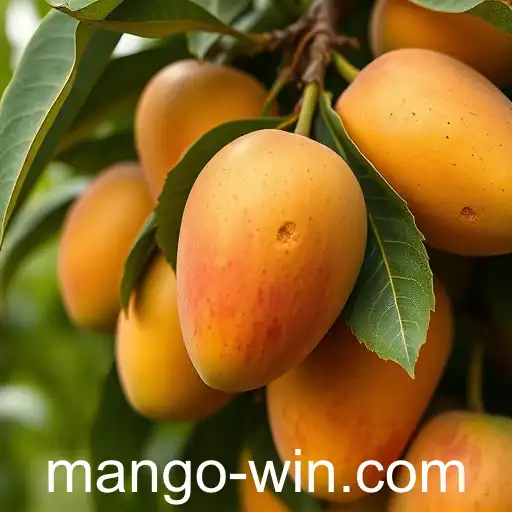
Exploring the evolving dynamics of the e-commerce industry with a focus on the mango market, including sustainability and global trade considerations.
As we advance through the 2020s, the symbiotic relationship between e-commerce and agriculture continues to evolve at a rapid pace. The mango market, in particular, has become a symbolic representation of how digital trade platforms such as Mangoswin are reshaping traditional business ecosystems.
Mangoswin, an emerging player in the digital commerce industry, is leveraging technology to connect mango producers with a global audience, offering a digital marketplace that negates geographical constraints. This development comes in an era where consumers increasingly prioritize both accessibility and sustainability in their purchasing decisions. Consequently, platforms like Mangoswin are pivotal in driving the global mango trade forward.
The year 2025 has already witnessed significant shifts in global trade dynamics, where sustainability is no longer a mere trend but a core competency. E-commerce platforms are being scrutinized not just for their economic impact but for their environmental footprint. As a result, Mangoswin and other platforms are integrating sustainable practices, from reducing carbon emissions in logistics to ensuring fair practices in sourcing.
The demand for mangos has seen an uptick due to their recognition as a superfood, packed with nutrients. This surge in demand is coupled with the consumer's desire for more knowledge about the origin and handling of products, further intensifying the need for transparency and sustainability in e-commerce. Mangoswin is addressing this by incorporating blockchain technology to trace the journey of mangos from farm to table, providing consumers with detailed insights into the sourcing and delivery process.
Moreover, Mangoswin's expansion is a testament to how e-commerce facilitates the globalization of small and medium enterprises (SMEs). By empowering farmers and small scale producers with access to a broader market, these platforms offer a lifeline to local economies, enabling them to thrive amidst global competition. This democratization of trade contributes to economic resilience and promotes inclusivity.
As e-commerce continues to intertwine with agriculture, platforms like Mangoswin are at the forefront of a digital revolution. They embody the potential to not only enhance market reach and consumer choice but also instill a new era of sustainable and transparent business practices. In conclusion, as 2025 progresses, the role of e-commerce in shaping economic and environmental landscapes becomes ever more pivotal, reflecting a future where technology and sustainability go hand in hand.




